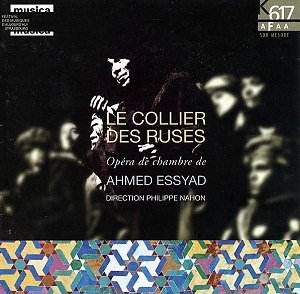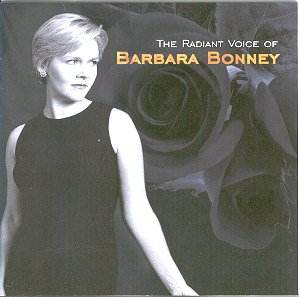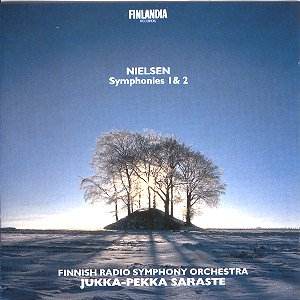 Composer: A. E. Housman
Composer: A. E. Housman
Works: A Shropshire Lad (complete cycle in poems and songs by various composers)
Performers: Anthony Rolfe Johnson (tenor), Graham Johnson (piano), Alan Bates (reader)
Recording: HYPERION DYAD CDD22044 (2CD)
Label: Hyperion
The poetic oeuvre of A. E. Housman, particularly encapsulated in his 1896 collection A Shropshire Lad, has long captivated composers seeking to express the poignant depths of rural nostalgia and existential longing. Hyperion’s reissue of this comprehensive exploration—first issued in 1995—offers an exceptional blend of musical settings and readings that not only showcase Housman’s lyrical brilliance but also illuminate the varied responses that his work has elicited from an array of 20th-century composers. The inclusion of settings by luminaries such as George Butterworth, John Ireland, and Samuel Barber, alongside readings by Alan Bates, creates a multifaceted experience that draws listeners into the emotional landscape of Housman’s verse.
Performances by tenor Anthony Rolfe Johnson are marked by a lyrical clarity that resonates beautifully with Housman’s themes of love, loss, and nature. His voice possesses a plangent quality, particularly evident in Butterworth’s cycle A Shropshire Lad. Here, Johnson navigates the delicate interplay of folk-like simplicity and sophisticated emotional depth with consummate ease. The song “Bredon Hill,” in particular, emerges as a standout; Johnson’s phrasing captures the wistfulness of the text, while Graham Johnson’s piano accompaniment complements the vocal line with a nuanced understanding of the harmonic undercurrents. Each note feels imbued with a sense of longing, echoing the bittersweet nostalgia that pervades Housman’s work.
Graham Johnson’s pianism deserves special commendation for its sensitivity and brilliance. His intricate textures and delicate voicings create a rich soundscape that supports Rolfe Johnson without overshadowing him. The interplay between voice and piano is particularly well executed in the song “The vain desire,” where Johnson’s playing reflects the inner turmoil of the text, enhancing its emotional impact. The engineering quality of this recording is commendable; the balance between voice and piano is expertly managed, allowing for a clear representation of both elements in the sound mix. The clarity of the recording enables listeners to appreciate the subtleties of Johnson’s interpretations and the subtle nuances in Bates’s readings.
Alan Bates, serving as the reader, brings an intimate quality to his recitation of Housman’s poems. His delivery avoids grandiloquent declamation, favoring a more conversational tone that invites listeners into the reflective spaces of the text. This approach successfully contrasts with the songs, creating a compelling dialogue between spoken word and musical expression. Bates’s insightful pacing allows for moments of contemplation, shaping an immersive auditory experience that encourages listeners to reflect on the themes of mortality and yearning that echo throughout Housman’s poetry.
While the collection boasts a wide array of composers, Butterworth’s contributions stand out as the most cohesive and compelling. His settings breathe life into Housman’s words with a seamless connection that feels instinctive. Comparatively, John Ireland’s settings, while rich and complex, require a more attentive listening to fully appreciate their depths. The harmonic richness and intricate textures are rewarding but may initially present a challenge to those less familiar with Ireland’s idiomatic language. Meanwhile, C. W. Orr and Mervyn Horder provide a contrast in style, with Orr’s works showcasing a depth that merits further exploration, although Horder’s contribution may not resonate as strongly within the overall thematic context.
The decision to include the two songs by Lennox Berkeley, not directly related to A Shropshire Lad, raises questions about the cohesion of the programming. While the craftsmanship is undeniable, a tighter focus on Housman’s poetry might have yielded an even more impactful listening experience. Nevertheless, this collection serves as a testament to the enduring power of Housman’s words and the varied musical interpretations they inspire.
This distinguished reissue stands as a significant contribution to the catalog of English song, delivering both artistic and scholarly value. The combination of Housman’s evocative poetry, expertly crafted song settings, and sensitive performances culminates in a rich listening experience that resonates long after the final notes fade. For both aficionados of English song and newcomers alike, this release is an essential addition to the musical canon, warranting enthusiastic recommendation and repeated listening.



